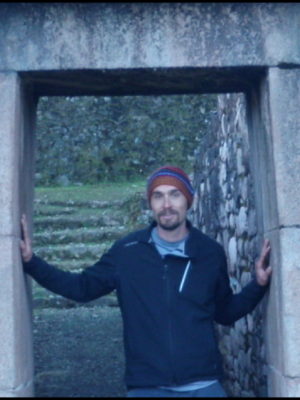As Research Data Science Specialist, Jeremy Mikecz advises and collaborates with students and faculty conducting computational and data-intensive research. Mikecz specializes in text, bibliometric, and geospatial analysis and scholarship as well as data visualization in its many forms (static graphs, interactive plots, maps, etc.) He is happy to help with a broad range of data science and digital humanities tasks, including:
- finding "data" - whether texts, quantitative tables, spatial information, or images - and brainstorming creative ways to explore and analyze this data
- text analysis - mining full texts, compiling a text corpus, and analyzing and visualizing patterns hidden within
- bibliometric analysis - exploring patterns in scholarship using publication metadata (from Web of Science, Scopus, OpenAlex, etc.)
- employing Large Language Models to recognize, extract data from, and summarize handwritten or printed texts (and using LLM APIs to automate this work and do it at scale)
- data visualization - compiling, preparing, analyzing, and visualizing patterns within quantitative or qualitative datasets using R, Python, or other tools.
- creating geospatial databases and maps - using ArcGIS or QGIS to create maps and geospatial databases and Inkscape and other platforms to edit and create qualitative and narrative maps
- telling stories with data
- developing critical and humanistic techniques to explore and visualize gaps, errors, subjectivity, and imprecision in data (whether historical narratives or quantitative records)
To book an appointment with him, you may do so here: dartgo.org/jeremy (or you may email him directly).
For these consultations, Mikecz draws on his interdisciplinary background as a historian (PhD from UC-Davis in 2017), digital humanist, data scientist, and experienced teacher. His research has contributed to the fields of history, geography, archaeology, the quantitative social sciences, Indigenous Studies, Latin American Studies, and the digital and spatial humanities.
